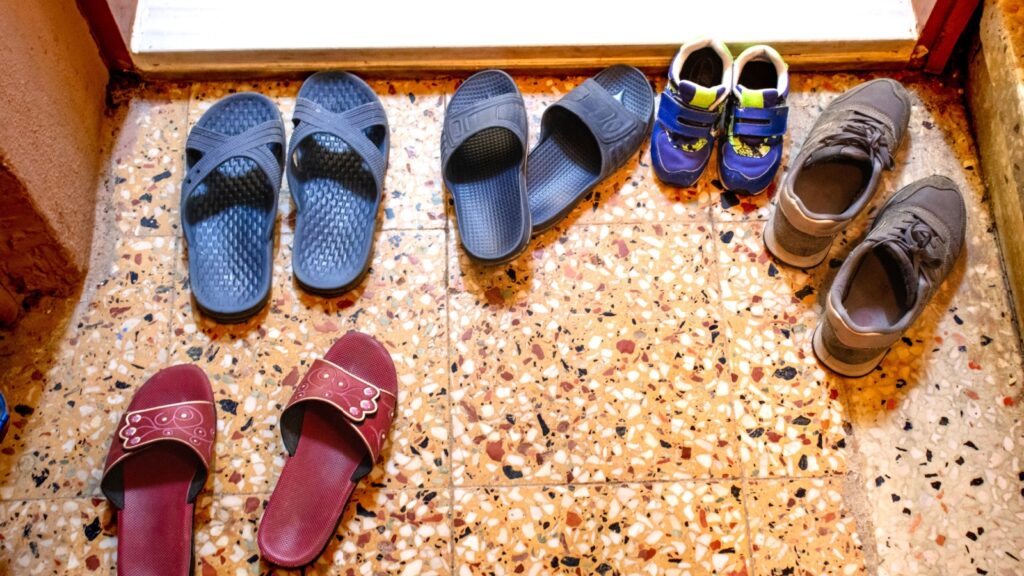Travelers landing in Canada often expect politeness, maple syrup, and hockey, but what really surprises them are the rules. The country is famous for its orderliness and quiet efficiency, but that also means there’s a regulation for almost everything, from recycling to where you can cross the street. First-time visitors are often caught off guard by how strictly these rules are followed, even when they seem trivial. Here are 22 Canadian rules that shock first-time visitors.
Always Remove Shoes Indoors
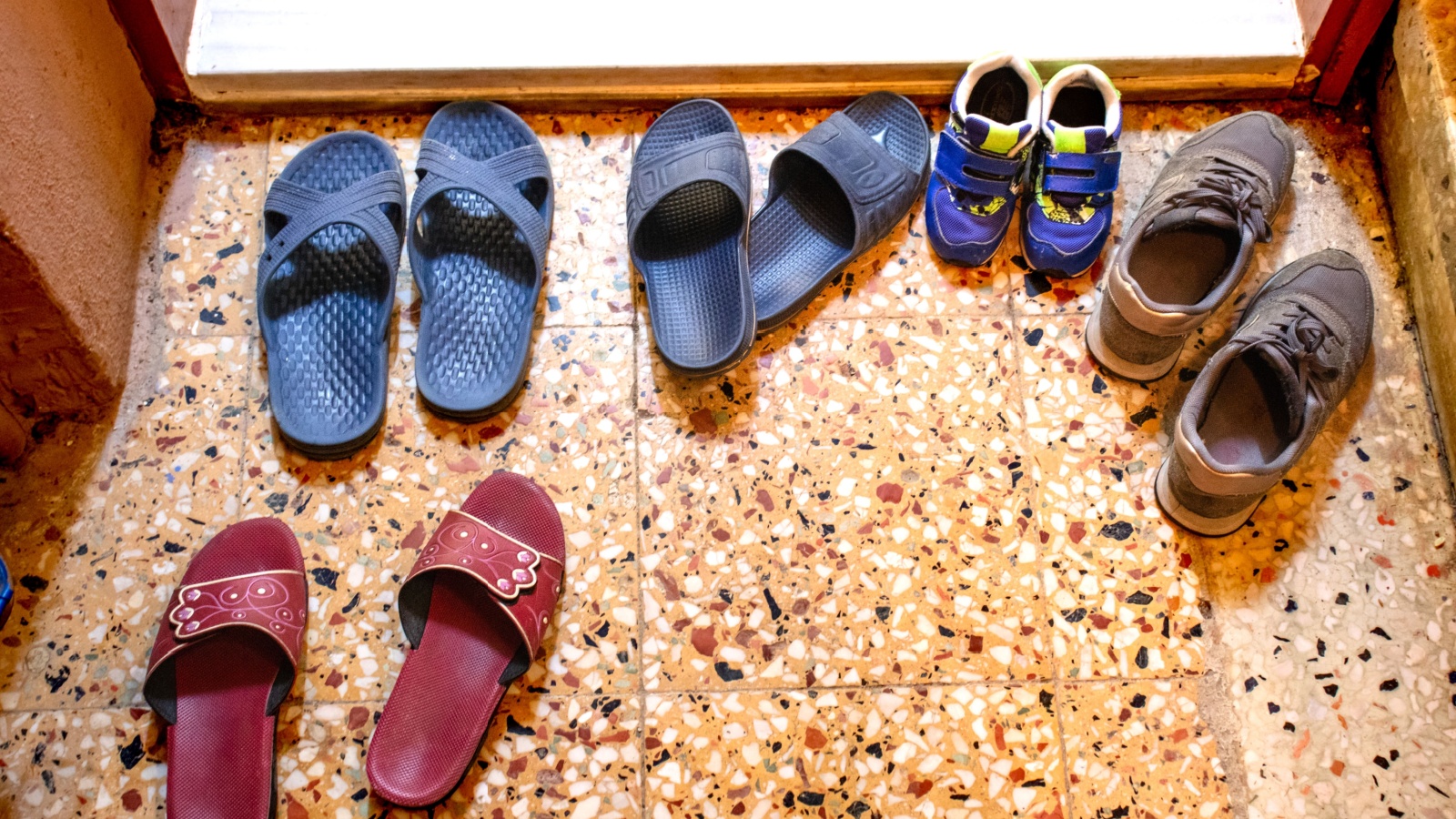
Stepping into a Canadian home means leaving your shoes at the door, no exceptions. Visitors often find this ritual surprising, but Canadians consider it basic respect and cleanliness. With snow, slush, and salt on the streets for much of the year, it’s easy to see why. Even delivery people are used to slipping off footwear or covering shoes with plastic protectors. Forgetting to do so isn’t just impolite, it can feel downright offensive. The habit also extends to some offices and daycares, emphasizing hygiene and comfort. If you want to blend in, your socks better be clean.
Recycling Rules Are Taken Seriously
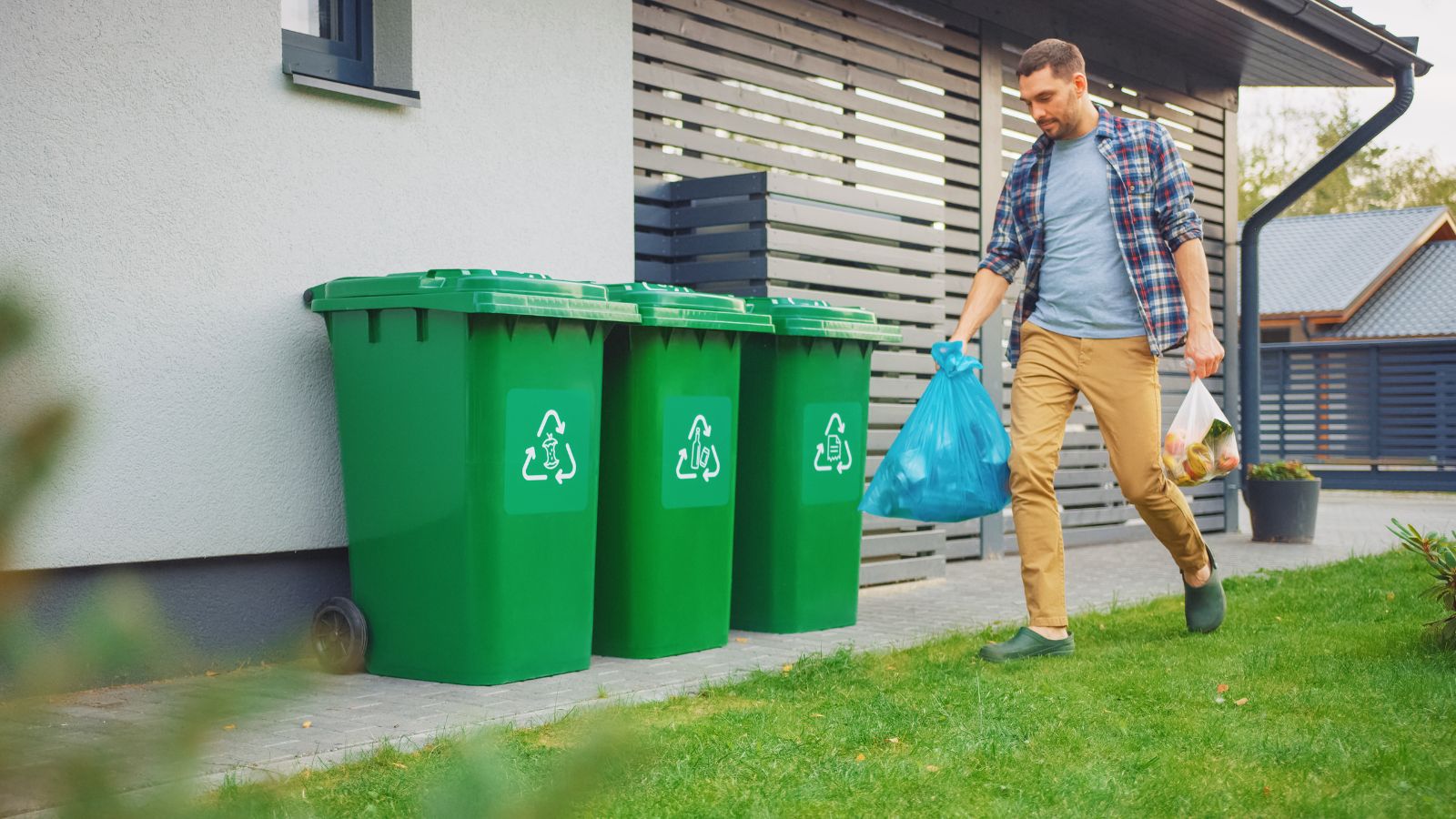
Canada’s recycling system can be overwhelming for newcomers. Each province, and sometimes each city, has its own color-coded bins, from blue for plastics to green for compost and black for trash. Mixing materials can lead to fines or stern notes from building management. Some regions, like British Columbia, even require rinsing containers and sorting soft plastics separately. Visitors quickly learn that tossing everything into one bin is social blasphemy. Canadians treat recycling almost like a civic duty, reflecting their pride in environmental responsibility. It’s a small act, but one that reveals just how eco-conscious the country is.
No Right Turn on Red in Quebec
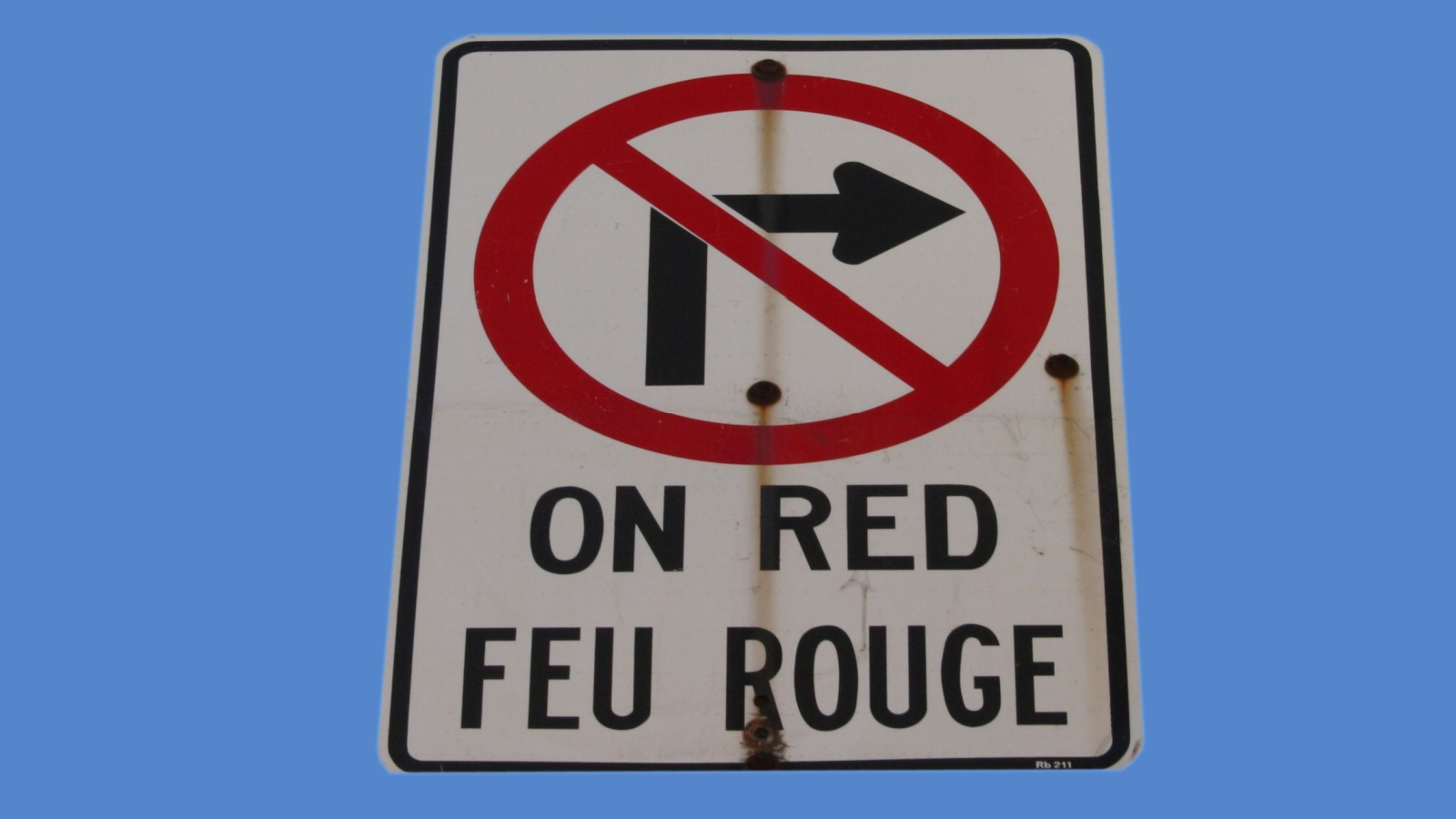
Drivers arriving in Quebec City or Montreal often learn this rule the hard way. Unlike most of North America, where turning right on a red light is common, Quebec bans it in Montreal, and fines are hefty if you forget. The rule was introduced to reduce pedestrian accidents in dense urban areas. For visitors from the U.S. or other provinces, it can feel unnatural waiting at a red with an empty road ahead. But breaking it can cost you over $100 and a few judgmental looks from locals who know better.
Public Drinking Is a Big No-No
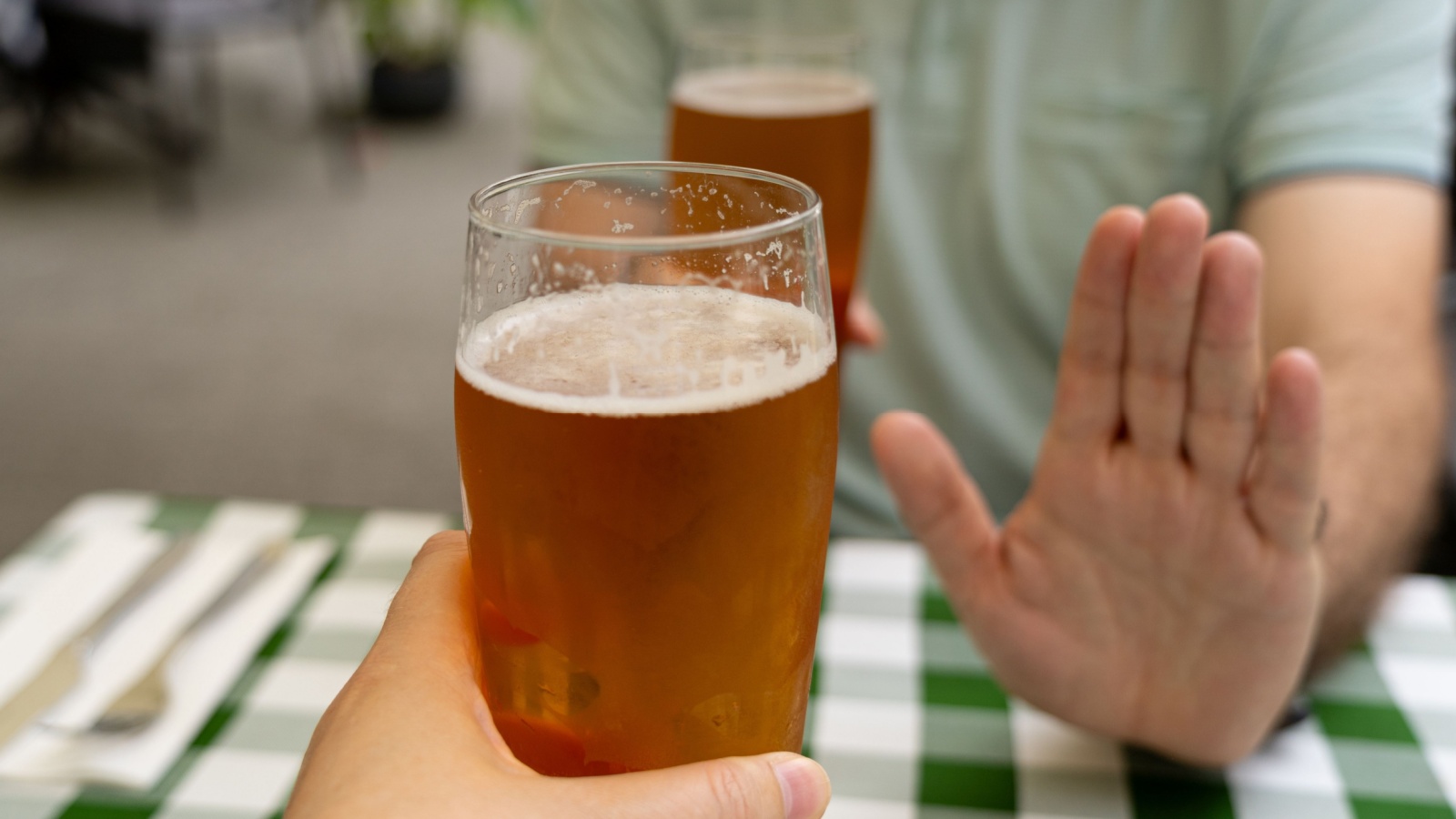
Sipping wine in a park or cracking a beer by the lake might seem innocent elsewhere, but in Canada, it’s illegal in most provinces. Alcohol can only be consumed in designated areas like licensed patios or private spaces. Even having an open bottle in a car, whether you’re driving or not, can bring fines. Some provinces, like Quebec, are more relaxed, allowing picnic drinking in certain parks, but others, like Ontario, are strict. This surprises many Europeans who are used to casual outdoor drinking. Canadians prefer their beverages indoors, where law and order stay intact.
Jaywalking Is Enforced
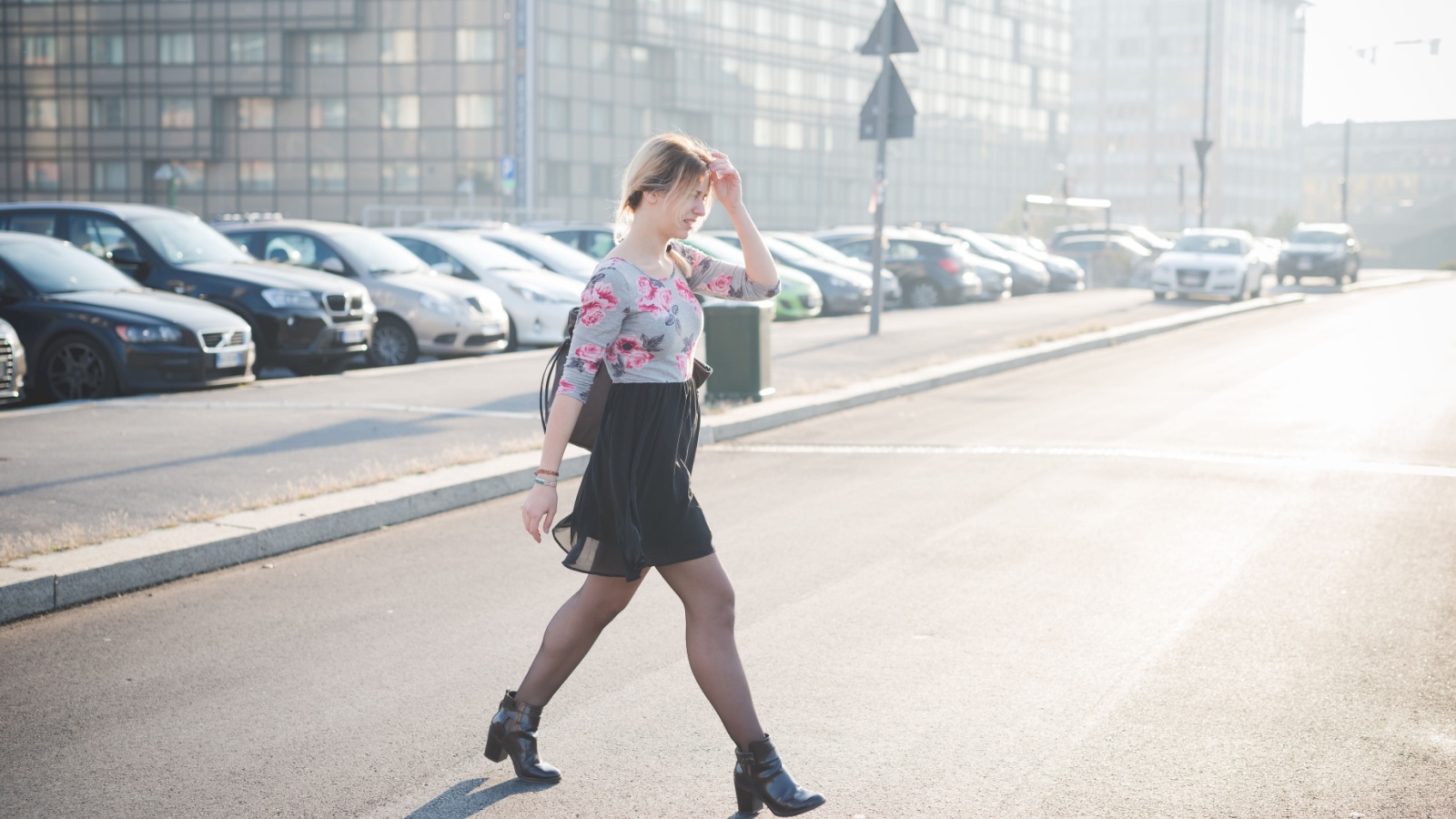
In many countries, crossing the street wherever there’s space is no big deal. In Canada, it’s technically illegal, and enforcement varies by city. Urban centres like Toronto and Vancouver issue fines that can reach $50 or more. Pedestrians are expected to use crosswalks and wait for signals, even when there’s no car in sight. The strictness stems from safety awareness and the country’s strong adherence to rules. Visitors quickly realize that walking against the light gets them disapproving stares—or worse, a ticket. Waiting patiently, even when it feels pointless, is simply part of the Canadian rhythm.
No Smoking in Public Spaces
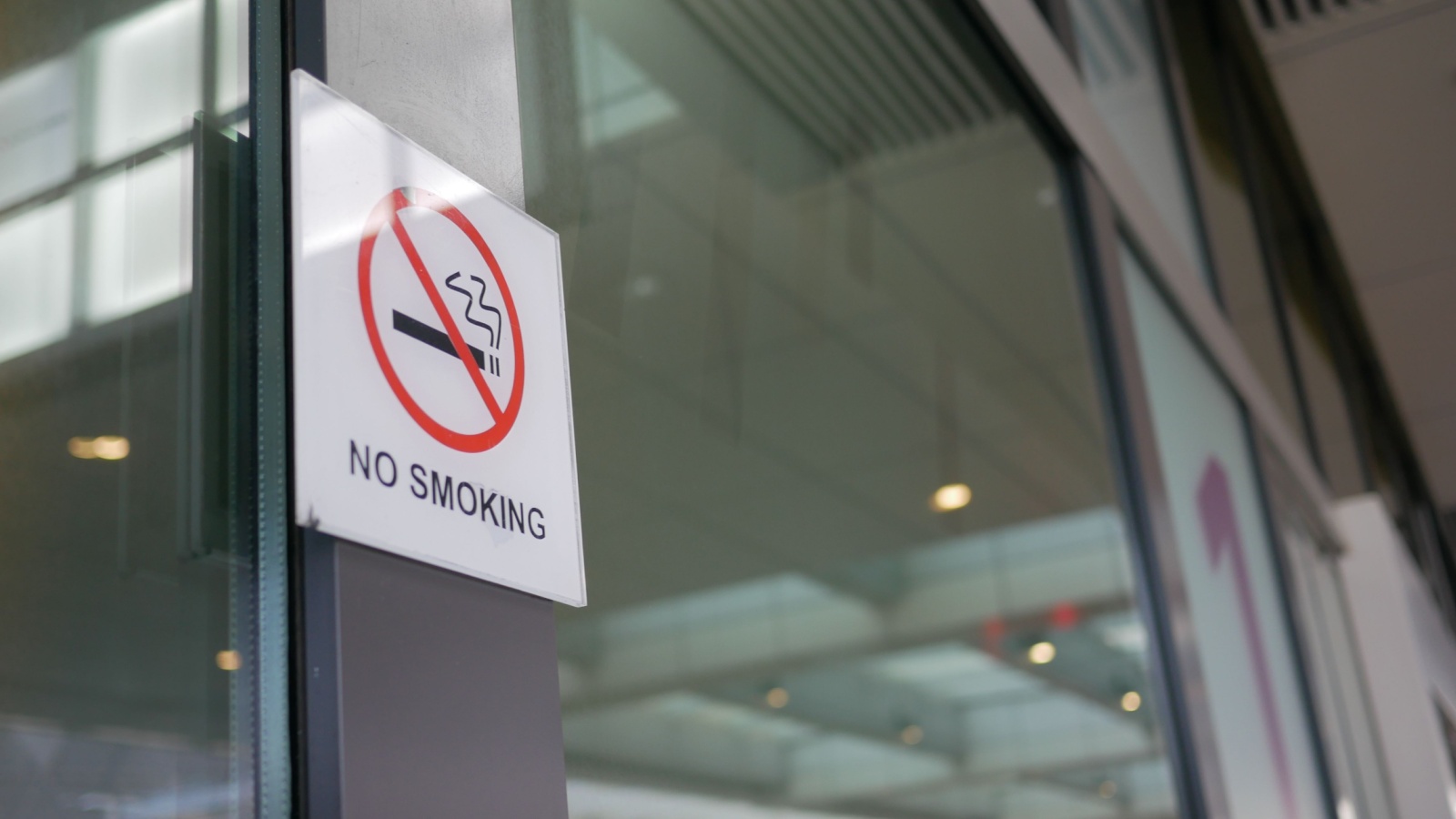
Smoking laws in Canada are among the toughest in the world. Cigarettes, vapes, and even cannabis can’t be smoked within a certain distance of public buildings, bus stops, or playgrounds. In cities like Ottawa or Calgary, lighting up in a park can earn you a fine. Some hotels even impose penalties for smoking on balconies. The emphasis is on protecting non-smokers and keeping public air clean. For visitors from countries with laxer laws, the restrictions can feel excessive. Still, the clean air and lack of smoke-filled restaurants are something most grow to appreciate quickly.
Don’t Skip on Tipping
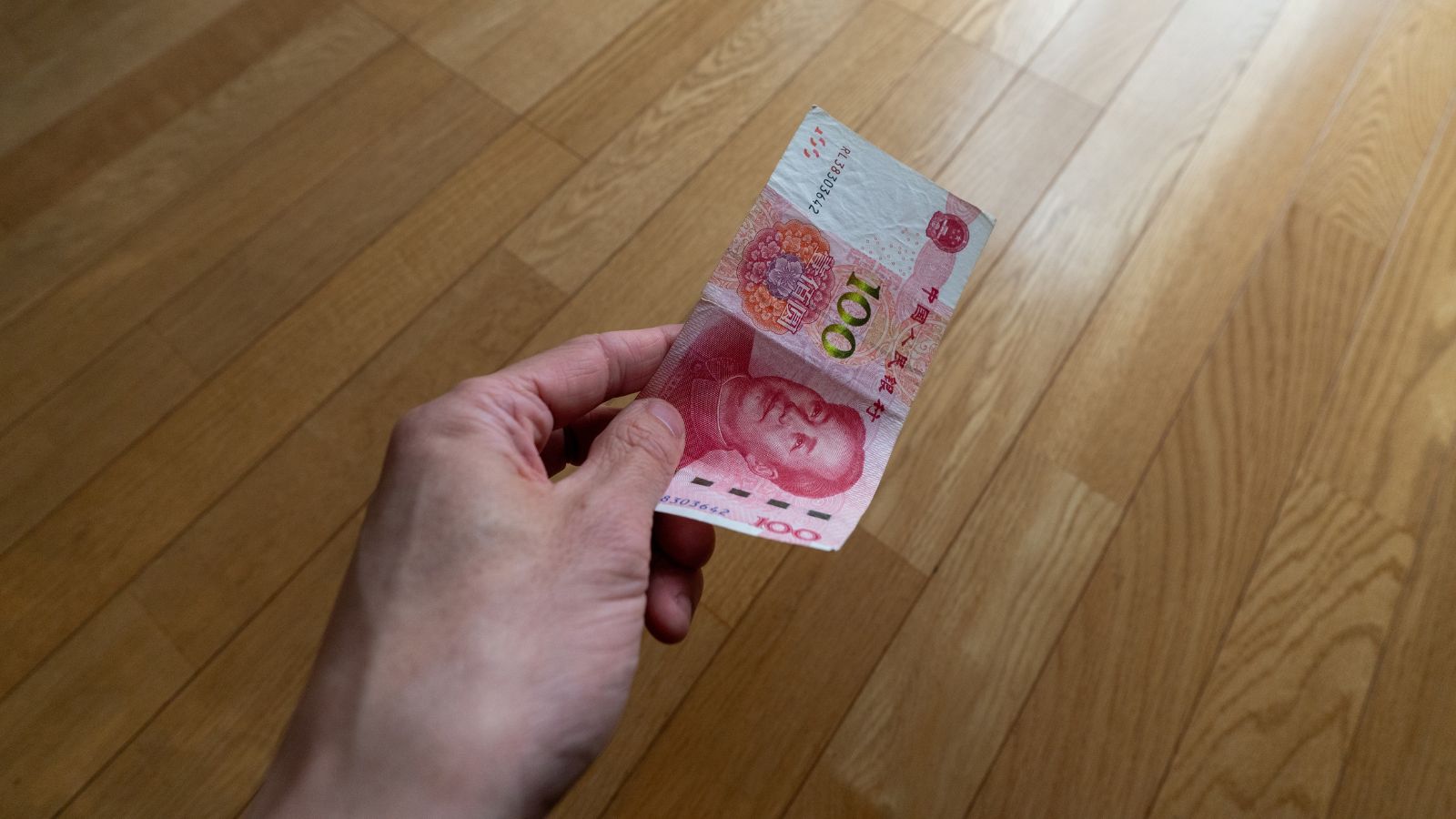
Tipping in Canada isn’t optional, it’s expected. Servers, bartenders, hairdressers, and even taxi drivers rely on tips, as their base wages are often low. The standard is 15–20% of the total bill, and anything less can seem rude. Many restaurants even suggest tip percentages on the payment machine. Visitors from countries where tipping isn’t customary often find this rule confusing or excessive, but it’s deeply ingrained in Canadian service culture. Refusing to tip not only hurts someone’s paycheck but can mark you as “that customer” no one wants to serve again.
Always Say “Sorry”
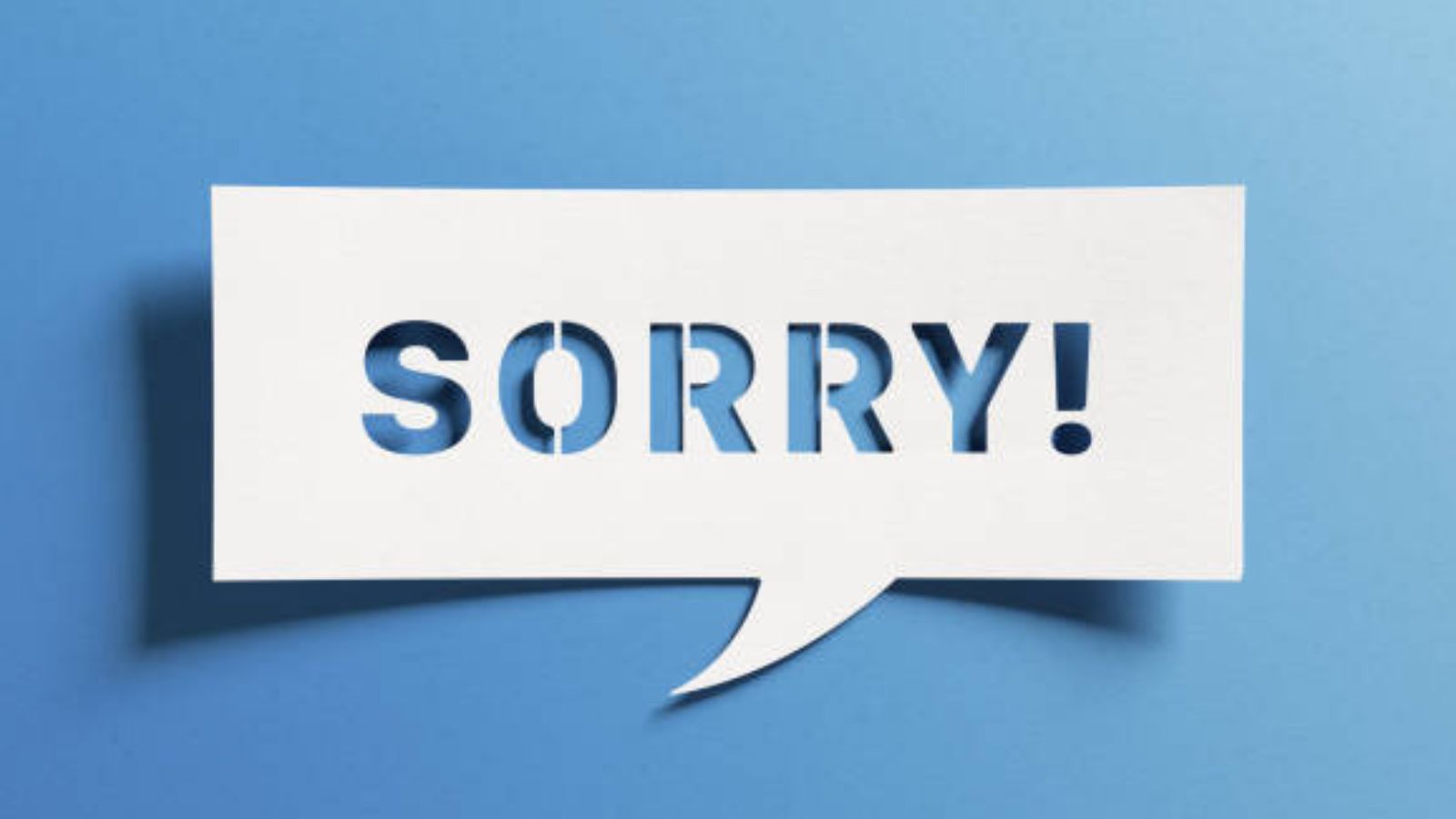
Canadians have built an entire reputation on apologizing. It’s not necessarily an admission of guilt; it’s a social lubricant. If you bump into someone, they’ll likely apologize to you. The word “sorry” smooths tension, expresses politeness, and maintains harmony. There’s even a law, the “Apology Act”, ensuring that saying sorry in legal situations doesn’t imply liability. Visitors sometimes find this rule of courtesy excessive, but for Canadians, it’s second nature. Whether it’s stepping into an elevator or accidentally making eye contact too long, there’s a sorry ready to go.
Quiet Hours Are Strict in Apartments
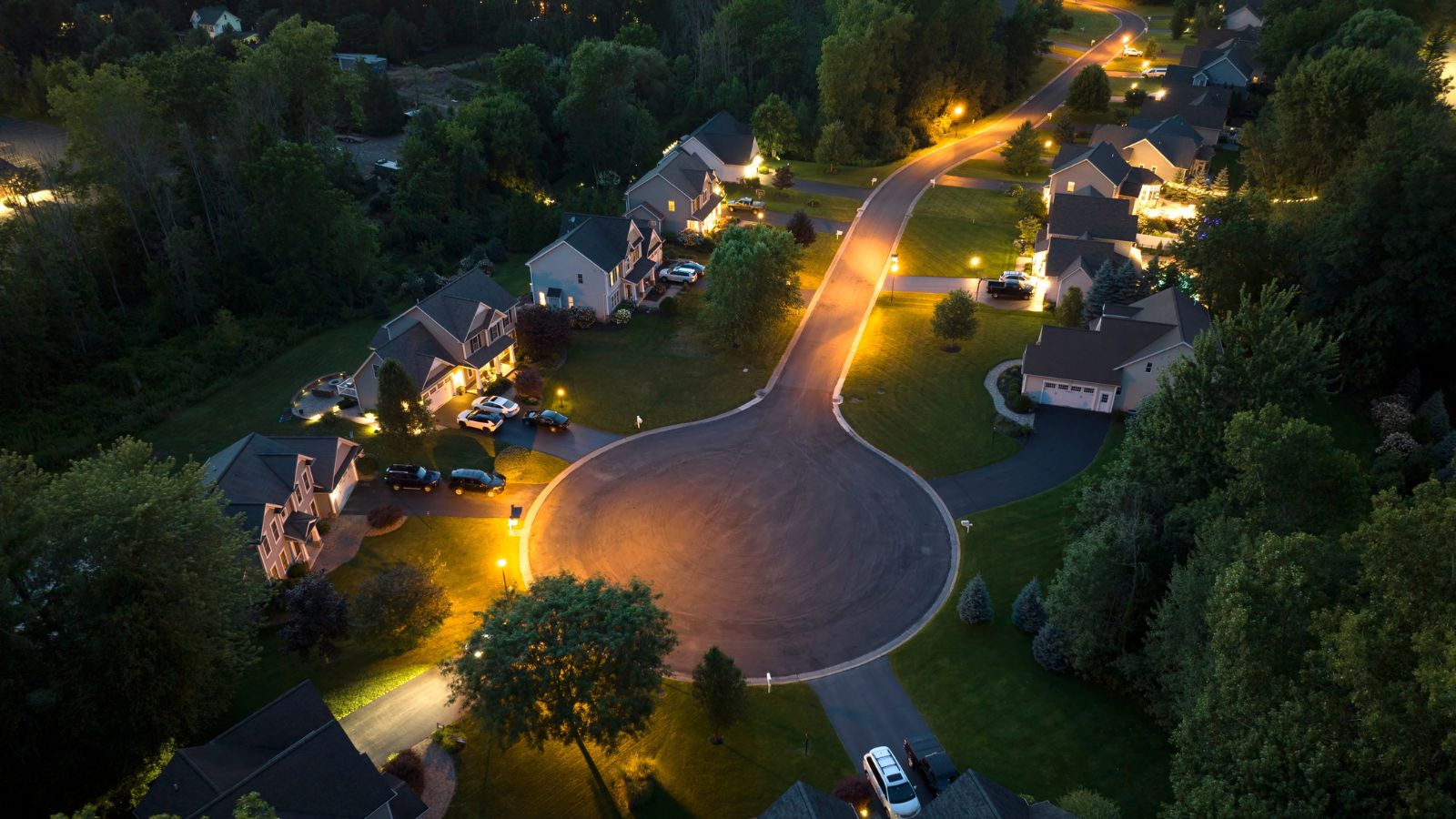
In most Canadian cities, noise bylaws enforce “quiet hours” between 11 p.m. and 7 a.m. Loud music, parties, or even vacuuming can bring complaints or police visits. Landlords take these rules seriously, and fines or warnings aren’t rare. The laws exist to maintain peace in densely populated areas and protect residents’ sleep. Visitors renting Airbnbs or staying with friends often find the silence eerie, especially in contrast to nightlife-heavy countries. Canadians value calm and predictability; after all, peace and quiet are practically national treasures.
You Must Carry ID When Driving
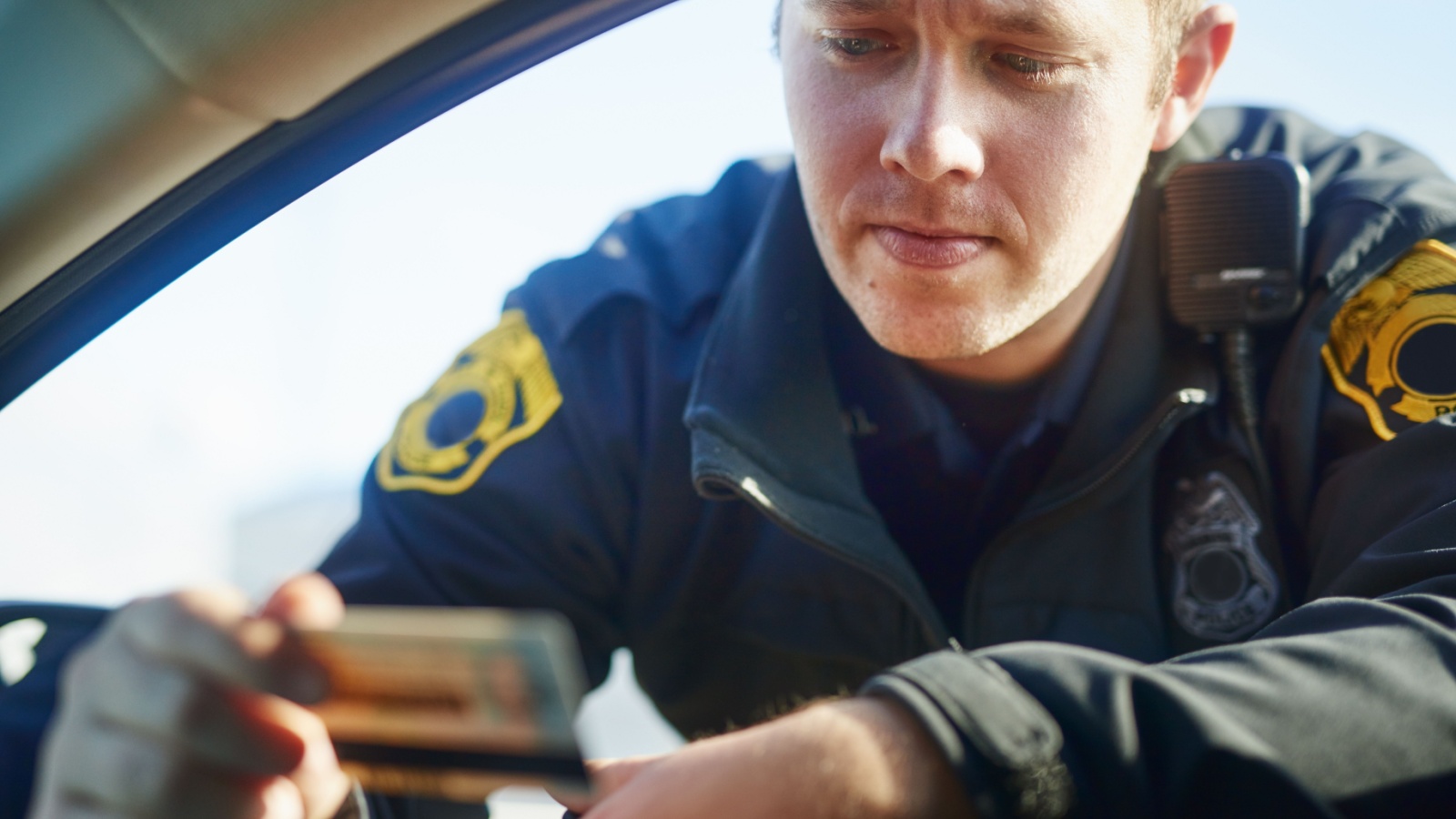
Even if you’re just borrowing a car, you must have your driver’s license, proof of insurance, and registration with you at all times. Police checks are common, and failure to show documents can result in fines. International visitors can usually drive with their foreign licenses for up to 90 days, depending on the province, but carrying a physical ID is mandatory. Some officers may even ask for passport identification. The rule ensures accountability and discourages unlicensed driving, a problem that’s taken very seriously on Canadian roads.
Buying Alcohol Has Age Restrictions and Rules
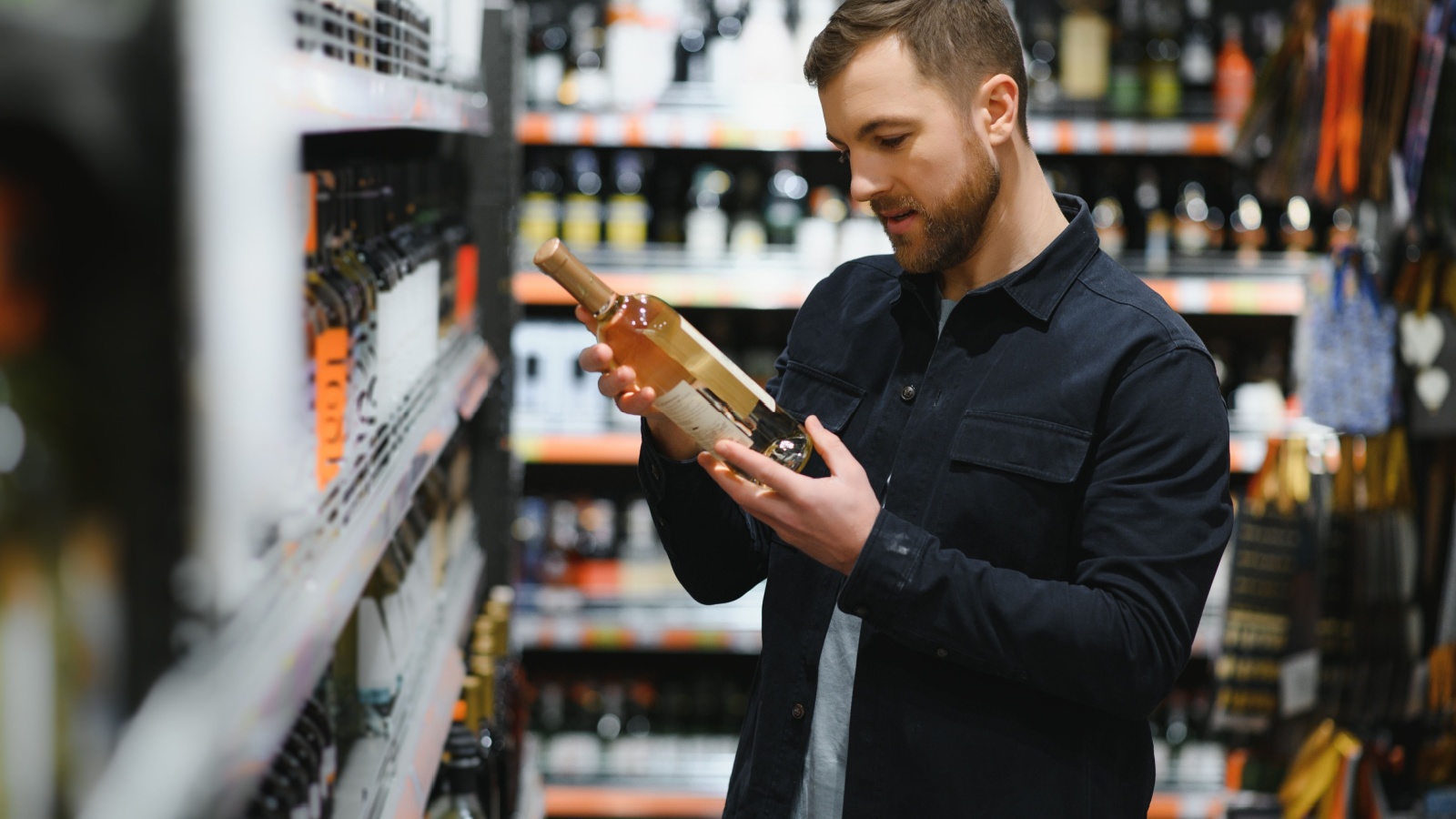
The drinking age isn’t universal; it’s 18 in Alberta, Manitoba, and Quebec, and 19 elsewhere. But that’s not the only surprise. Alcohol sales are tightly controlled. In provinces like Ontario, beer and wine are sold mainly in government-run stores, while in Alberta, private liquor stores dominate. You can’t just pick up a six-pack at the grocery store everywhere. In some areas, buying alcohol on holidays is even restricted. For visitors used to 24-hour convenience stores, this rule feels outdated, but Canadians view it as responsible regulation over reckless availability.
Queueing Etiquette Is Sacred
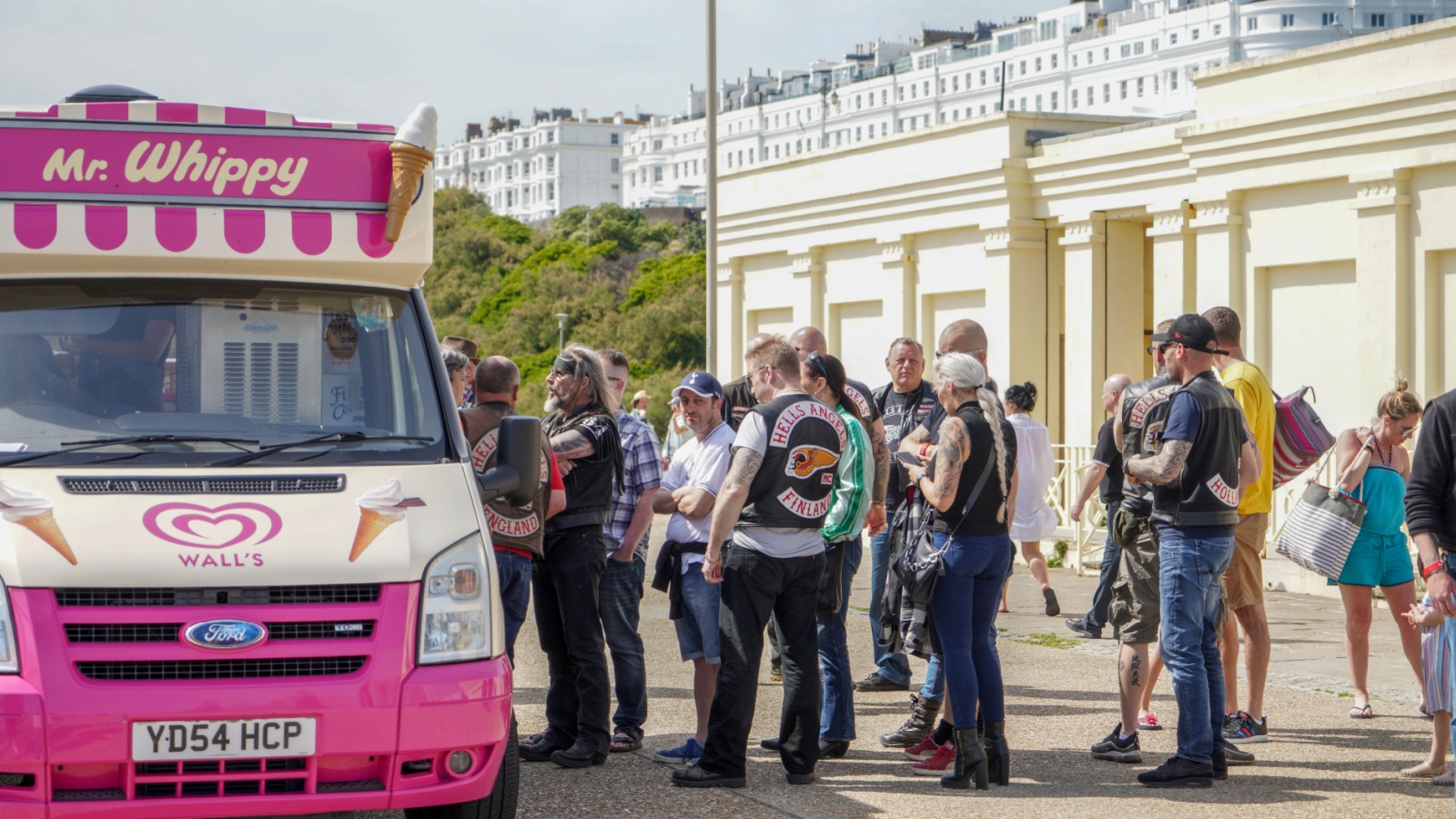
Canadians are serious about lining up. Whether it’s for coffee, buses, or airport security, there’s an invisible yet iron rule: no cutting. People form orderly lines and get visibly uncomfortable if someone jumps ahead. Queue-cutting can lead to subtle side-eye, muttered comments, or direct correction. It’s part of the nation’s unwritten social code, respect everyone’s turn. Visitors from countries where crowds surge ahead may find the patience astonishing, but it’s what keeps public spaces civil. Politeness doesn’t end with “sorry”, it extends to standing still in line like civilized humans.
Free Healthcare Doesn’t Mean Instant Healthcare

Canada’s healthcare system is famous for being publicly funded, but visitors are often shocked to learn that “free” doesn’t mean immediate. Wait times for non-emergency procedures can be long, and not everything, like dental care or prescriptions, is covered. Emergency rooms treat everyone, but visitors may need travel insurance to avoid steep bills. Canadians pay for healthcare indirectly through taxes, and each province manages its own system. The rule of thumb: don’t expect a walk-in MRI. Still, the quality and accessibility make it a point of national pride.
Driving Without Winter Tires Is a Risk
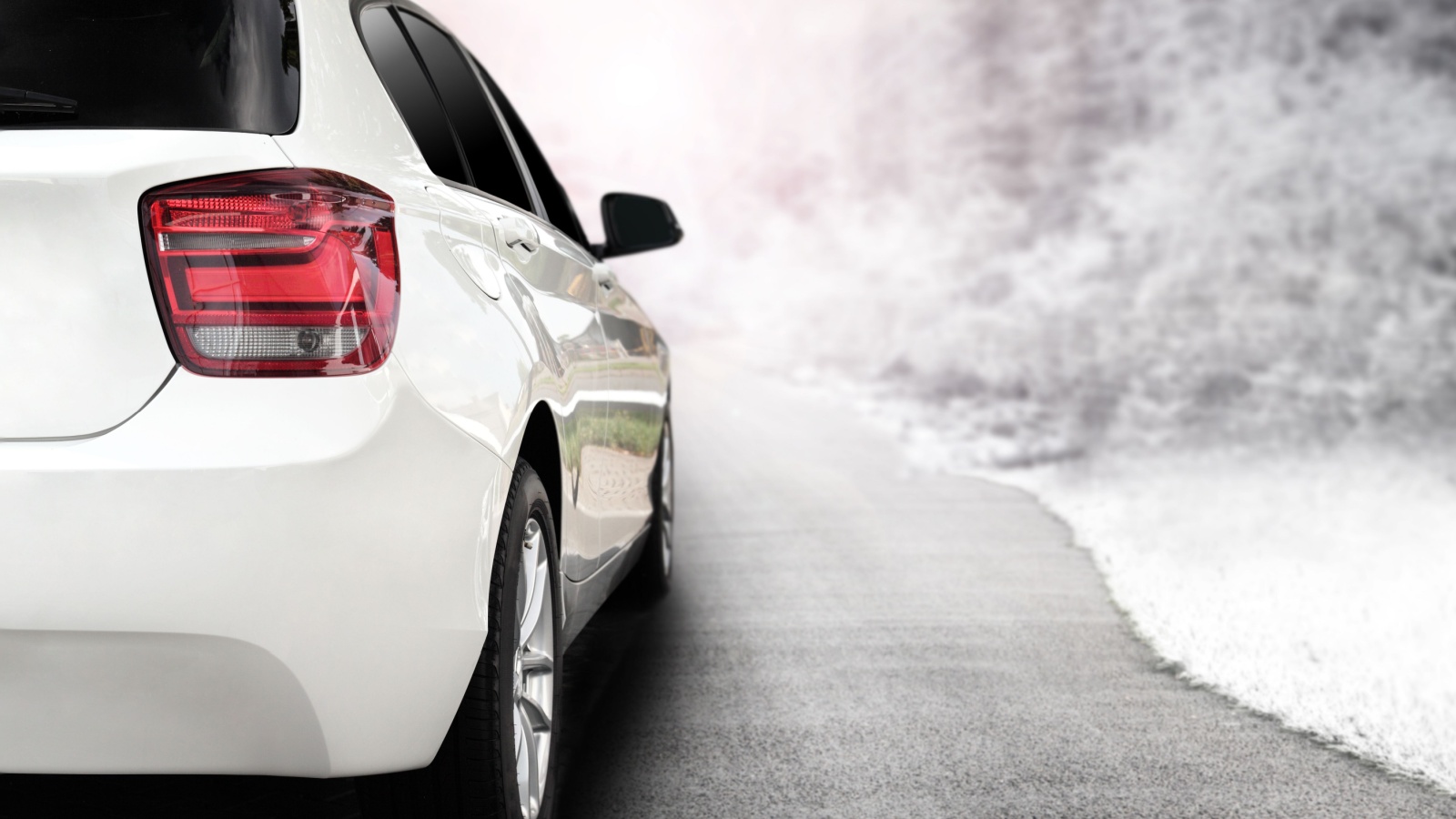
In provinces like Quebec, winter tires aren’t just recommended, they’re mandatory from December to March. Other regions, like British Columbia, require them on mountain highways. The rule saves lives during icy conditions but surprises drivers from warmer countries. Insurance companies may even refuse coverage for winter accidents if tires don’t meet requirements. Locals switch their tires religiously, turning it into an annual ritual. Visitors renting cars in winter quickly understand why: Roads here turn into skating rinks by November, and gripless tires are a dangerous gamble.
No Cellphone Use While Driving
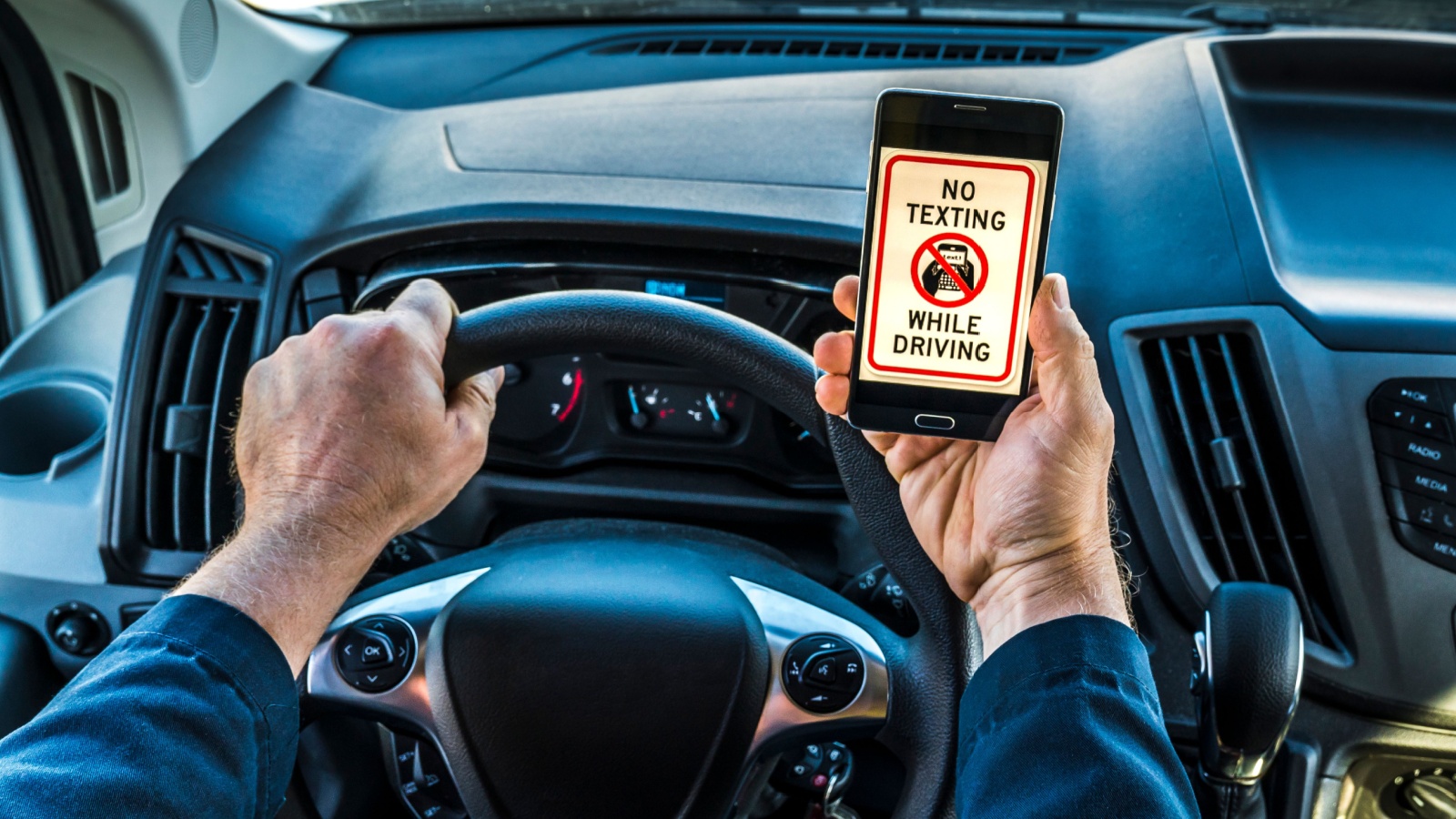
Using a phone while driving in Canada is strictly prohibited unless it’s hands-free. Texting, scrolling, or even holding the phone at a red light can result in fines exceeding $500 in some provinces. Police have zero tolerance for distracted driving, as it’s a leading cause of accidents. Visitors often find the enforcement surprising, especially when officers watch intersections like hawks. Canadians take road safety seriously, and this rule is proof that even quick glances at notifications aren’t worth the risk or the fine.
Public Displays of Trash Are Frowned Upon
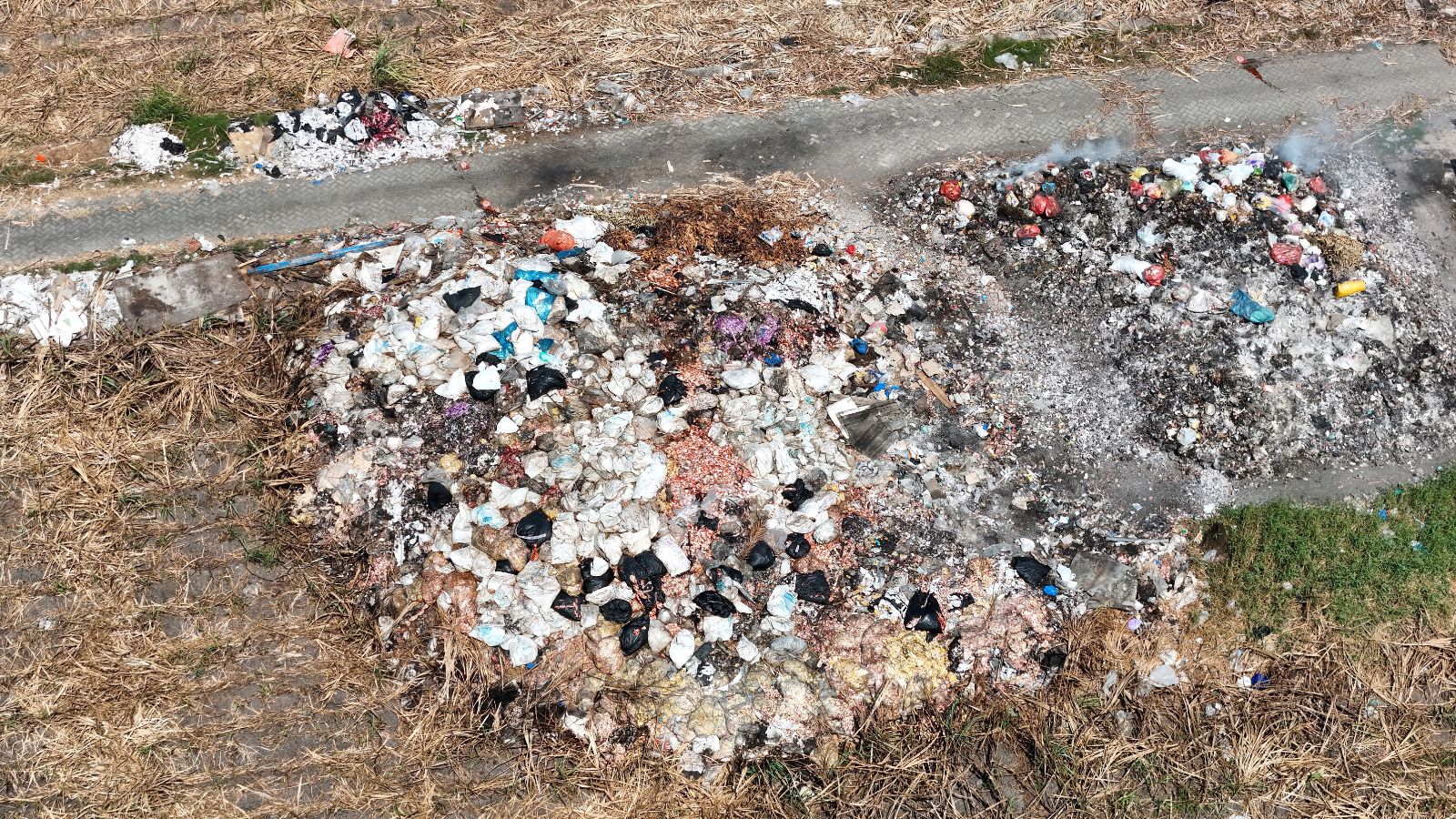
Littering in Canada is more than just bad manners, it’s a fineable offense. Clean streets are a matter of national pride, and dropping gum, cigarette butts, or snack wrappers can attract penalties from $100 to $500. Cities like Calgary and Vancouver employ “bylaw officers” to monitor cleanliness. Public parks and sidewalks are lined with trash and recycling bins, making it easy to comply. Visitors are often surprised by how spotless even big cities appear, and locals fiercely protect that image. In short: hold your garbage until you find a bin.
Cannabis Is Legal, but Not Everywhere

Recreational cannabis is legal in Canada, but smoking it freely isn’t. Each province regulates where you can buy and consume it. It’s illegal to smoke near schools, hospitals, or public buildings, and you must buy it from licensed retailers. Carrying more than 30 grams in public can lead to fines or criminal charges. Crossing borders with cannabis, especially into the U.S., is strictly forbidden. Visitors expecting an open free-for-all often face disappointment; the legalization is tightly controlled to maintain safety and public order.
Bring Your Own Bags to Stores
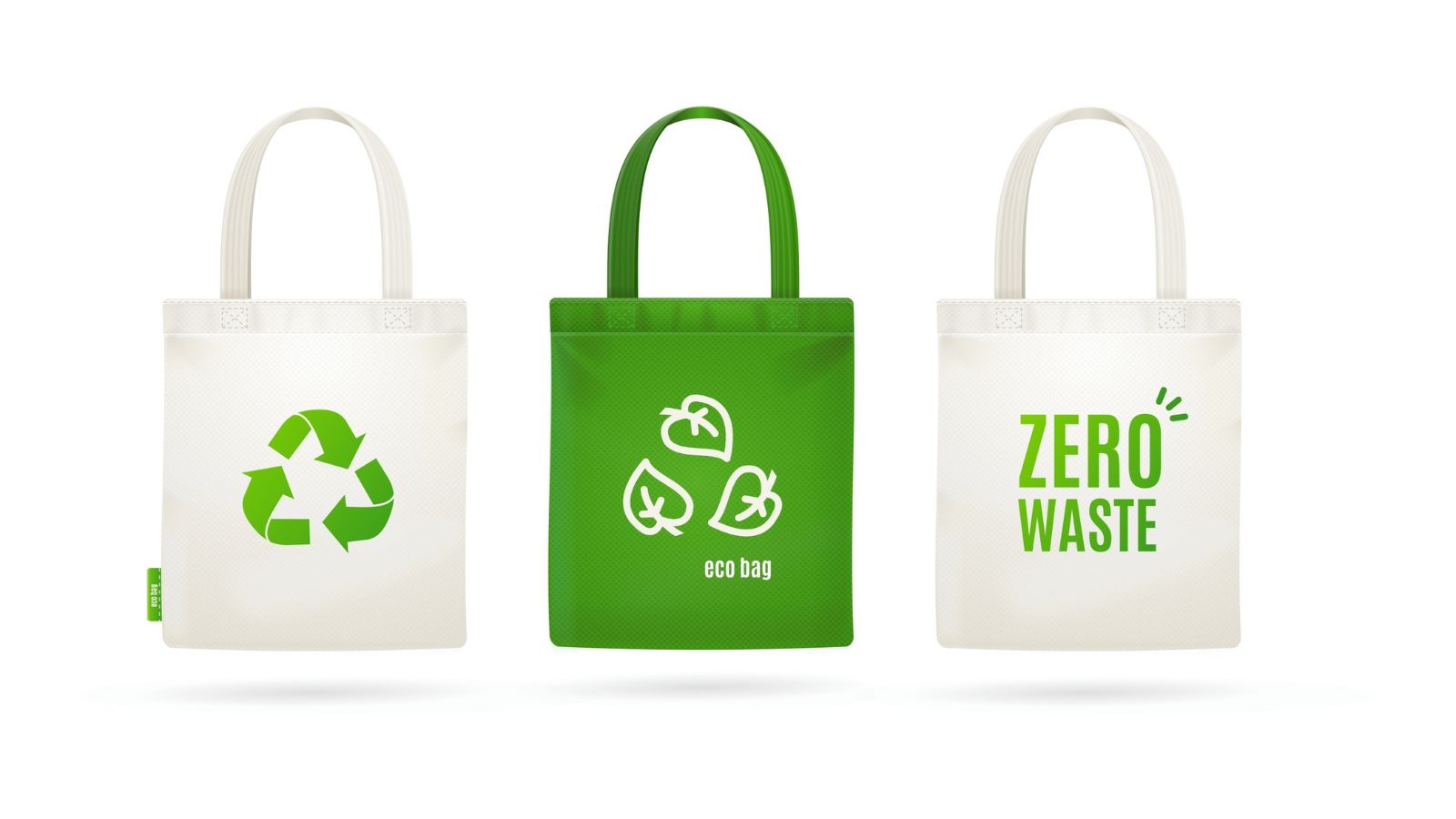
Plastic bag bans have become widespread across Canada. Shoppers are expected to bring reusable bags, or they’ll be charged a small fee, usually five to ten cents per paper bag. Supermarkets, clothing stores, and even convenience shops enforce this policy to reduce plastic waste. Visitors who forget often end up juggling groceries awkwardly. The rule reflects Canada’s commitment to sustainability, and many locals carry collapsible totes everywhere. It’s a small adjustment that aligns with the country’s eco-friendly culture and practical lifestyle.
You Can’t Just Build or Modify Property Freely

Homeownership comes with rules, not total freedom. Even minor renovations often require city permits, like adding decks, fences, or sheds. Ignoring them can lead to fines or forced removal. The regulations ensure safety and community aesthetics, but new arrivals find the process bureaucratic. Neighborhoods take zoning laws seriously, and noise, height, or design complaints can halt a project quickly. Visitors dreaming of spontaneous DIY upgrades learn fast that Canadian property laws prioritize order over improvisation.
Don’t Skip Taxes on Purchases
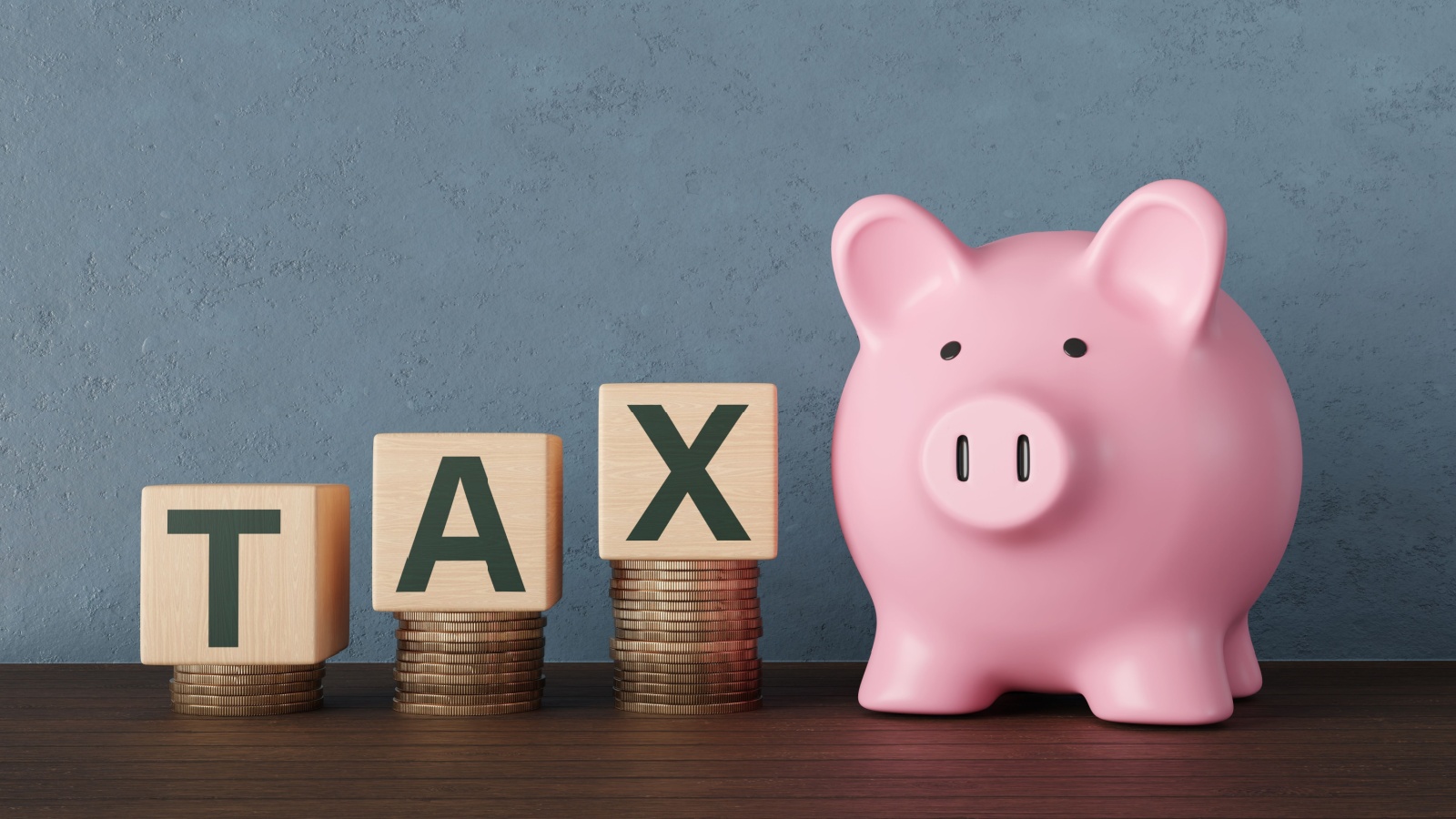
The price tags in Canadian stores rarely include tax, leading to mild shock at checkout. Depending on the province, a Harmonized Sales Tax (HST) of 5–15% is added to your total. Tourists often assume prices are final, only to pay more than expected. It’s also illegal for businesses to skip charging tax. While the system funds social programs, it confuses first-timers unaccustomed to post-checkout math. The golden rule: always expect your bill to be higher than the sticker says.
Talking Politics or Religion in Public Is Rare

Canadians prefer to keep public conversations polite and neutral. Discussing religion or politics, especially with strangers, is often avoided to prevent conflict. Visitors from countries where debates are lively and public may find the quietness strange. This unspoken rule reflects the national tendency toward moderation and respect for differing opinions. It doesn’t mean Canadians lack opinions; they just prefer to express them privately. The result is calmer social interactions, even if it feels a little restrained at times.
You Must Respect Wildlife Laws
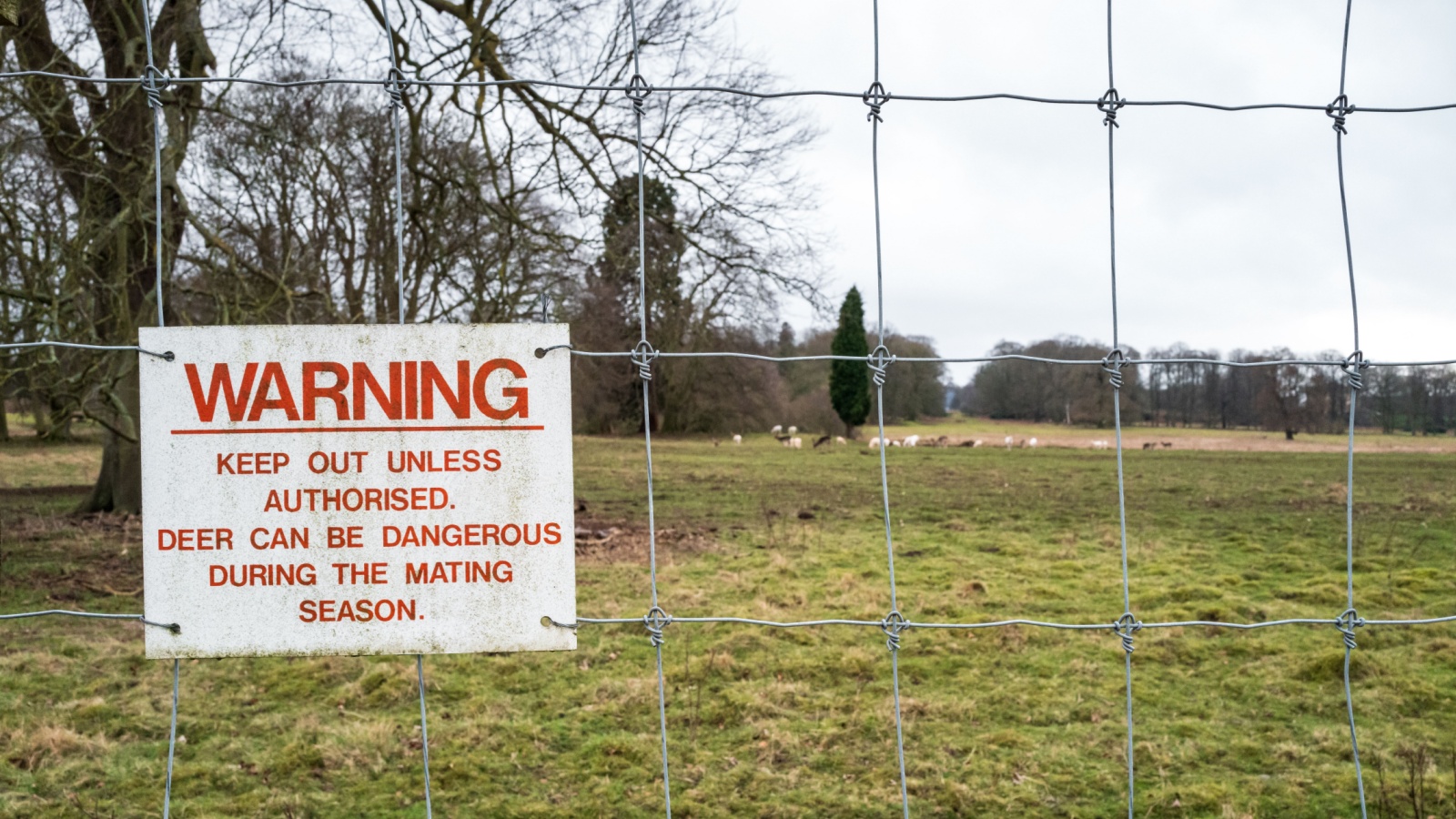
From feeding squirrels in city parks to approaching moose on highways, wildlife interaction is strictly regulated. It’s illegal to feed or disturb wild animals in national parks, and hefty fines can follow. The rule exists to protect both people and animals, as feeding disrupts natural behavior. Tourists often underestimate how seriously rangers enforce it, especially in Banff or Jasper. Keeping a safe distance and securing food properly is non-negotiable. Canadians treat wildlife with respect, and they expect visitors to do the same.
21 Products Canadians Should Stockpile Before Tariffs Hit

If trade tensions escalate between Canada and the U.S., everyday essentials can suddenly disappear or skyrocket in price. Products like pantry basics and tech must-haves that depend on are deeply tied to cross-border supply chains and are likely to face various kinds of disruptions
21 Products Canadians Should Stockpile Before Tariffs Hit
